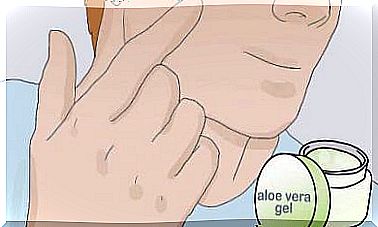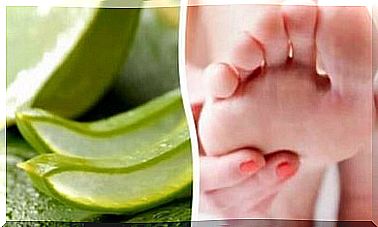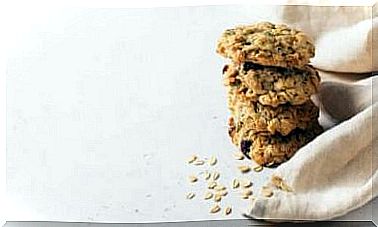Persistent Itchy Skin May Be Your Body’s Signal
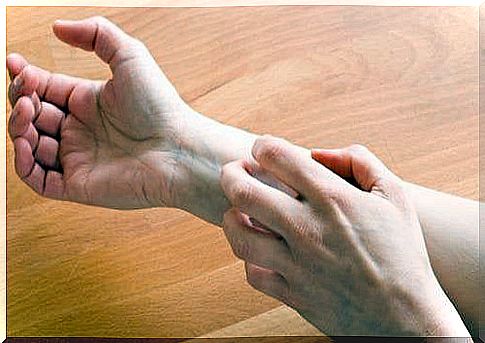
Completely unknowingly, your fingers and nails scratch different parts of your body. Surely, after reading these words, you will start to pay more attention to it from now on. There is no need to worry that itchy skin is a sign of a disease.
Scratching is a natural reaction of the body (after receiving the appropriate signal from the brain) to reduce the feeling of itching.
Where does itchy skin come from?
On average, our body covers about 2 square meters of skin, which makes it by far the most extensive of all organs of our body. Of course, such a large area is directly exposed to many external factors.
But like other parts of the body, the skin has its own mechanisms to prevent disease and protect it from what may be considered a threat to it or the body.
When itchy skin occurs in a “normal” way, this symptom is called itching and is nothing more than the body’s usual warning signal.
What can threaten our skin?
All kinds of active substances, such as airborne dust, rubbing through hair or clothing, insects, sweating, smells of leaves or flowers, etc.
Everything our skin touches triggers sensory receptors that transmit relevant information to the brain, which in turn, if necessary, produce a warning signal, which is itchy skin.
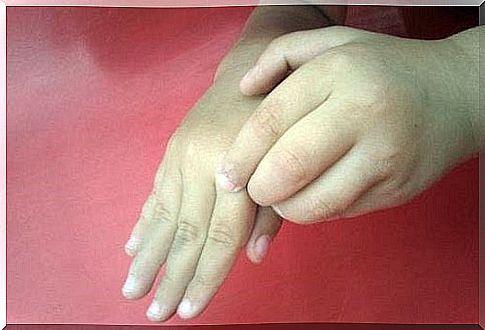
If the itching of the skin is much more severe and painful, it may be the result of an allergic reaction.
Another reason why we may constantly feel like scratching our skin is when we feel nervous, anxious, stressed or worried.
Itchy skin: underlying causes
- Dehydration
- Skin infection
- Psoriasis
- Rosacea
- Excessive sweating
- Lack of hygiene
- Skin irritation
- Allergic reaction
- Use of strong chemicals
- Insect bites
- Dust mites or other microorganisms
- Stress
- Nervousness
- Anxiety
- Side effects of the drugs used
- Low ambient temperature
Various studies have shown that there are neurons in the brain that carry out specific tasks: detecting when something has deposited on our skin and could be a potential source of problems.
In 2007, a team of scientists from the University of Washington (in the United States) discovered that we had special nerve cells. They are intended solely to manage the itching symptom of the skin.
The study was conducted by a biologist, psychiatrist, and anesthesiologist and was published in the scientific journal Science.
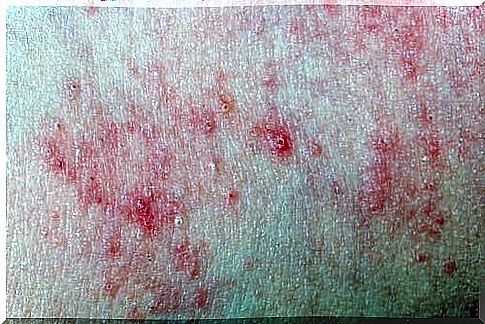
Itchy skin is a stimulus that is picked up by nerve fibers throughout the body just below the skin. They are the ones that send a signal to the brain via the spinal cord.
This is how the neurons make us aware that there is some immediate cause that is causing the skin to itch.
These nerve endings are also responsible for informing us of the situation that is causing us to feel pain.
To scratch or not to scratch that is the question
When we scratch, we actually respond automatically to a stimulus that tells us, generally speaking, that something is bothering us. This subconscious signal also informs us that an event has occurred that results in irritation and therefore itching of the skin.
So when we start to scratch ourselves, it means that the body has responded to this signal, so you can already eliminate itchy skin as unnecessary.
But also when the body is no longer on alert, it “turns off” the warning signal, so the itching of the skin also stops.
Another effect of scratching is that it distracts us from feeling itchy.
However, there is a risk of stimulating (scratching) an area larger than the actually itchy area. This means that we can unknowingly spread the external factor with our fingers or nails over a larger area and thereby prolong the itching of the skin.

In the course of another study, this time at Wake Forest University in Winston / Salem, Oregon (including the US) dermatologist using magnetic resonance imaging (MRI) analyzed, c about happens in the brain when a person scratches tested.
Study participants had to use a brush with which they scratched their skin for 30 seconds, then stopped scratching for 30 seconds.
To the surprise of the research team, they found that certain areas of the brain also responsible for storing unpleasant memories and emotions were precisely the ones that were “turned off” during scratching.
Perhaps it is scratching that gives a feeling of relief and peace.
What causes increased itching of the skin during winter?
Many people experience increased itching of the skin during the coldest months of the year. This is due to the fact that the skin becomes dry due to the effects of low temperatures, wind and snow.
It is most noticeable on the face and hands, i.e. in places most exposed to contact with cold.
Itching can also be caused by using more hot water than in summer. Such a temperature change can dry out the skin and cause dermatitis.
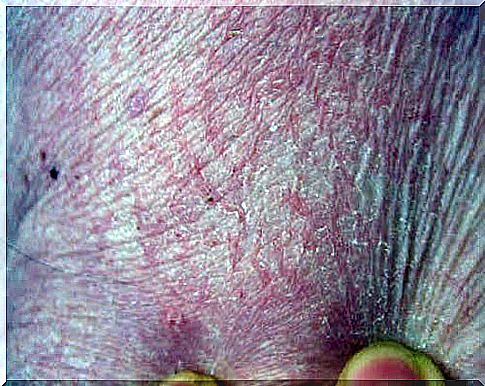
Itchy skin in winter can also be caused by the use of soap or detergents. Other possible causes include wearing extra clothing that prevents the skin from breathing.
Also, thick clothes made of wool or with thick seams, or made of abrasive materials can make the skin itchy.
A good way to stop the unpleasant symptom of persistent itching of the skin is to apply a small amount of ice to the scratched or damaged area. For example, a cold compress can be applied.
You can also apply a compress soaked in chamomile infusion to the itchy area or apply a green clay mask to the skin. Last but not least, don’t forget that Aloe Vera has great skin effects.




